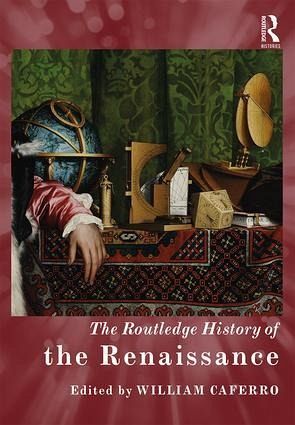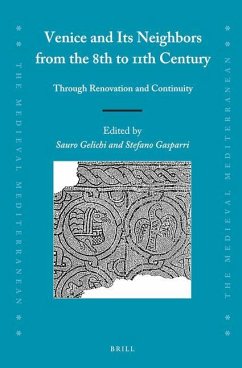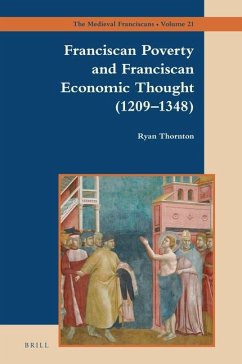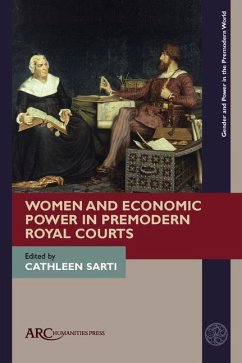
The Routledge History of the Renaissance
Versandkostenfrei!
Versandfertig in über 4 Wochen
327,99 €
inkl. MwSt.

PAYBACK Punkte
164 °P sammeln!
Geographically and temporally wide-ranging, this collection treats the Renaissance not as a static concept but as one of ongoing change within an international framework, taking as its unifying theme the idea of exchange and interchange through the movement of goods, ideas, disease and people and across social, religious, political and physical boundaries. Chapters discuss topics such as the material cultures of Renaissance societies, women and humanism and the emergence and development of the Ottoman empire from the early fourteenth to the late sixteenth century. This comprehensive volume is ...
Geographically and temporally wide-ranging, this collection treats the Renaissance not as a static concept but as one of ongoing change within an international framework, taking as its unifying theme the idea of exchange and interchange through the movement of goods, ideas, disease and people and across social, religious, political and physical boundaries. Chapters discuss topics such as the material cultures of Renaissance societies, women and humanism and the emergence and development of the Ottoman empire from the early fourteenth to the late sixteenth century. This comprehensive volume is a valuable resource for all students and scholars of the Renaissance.












